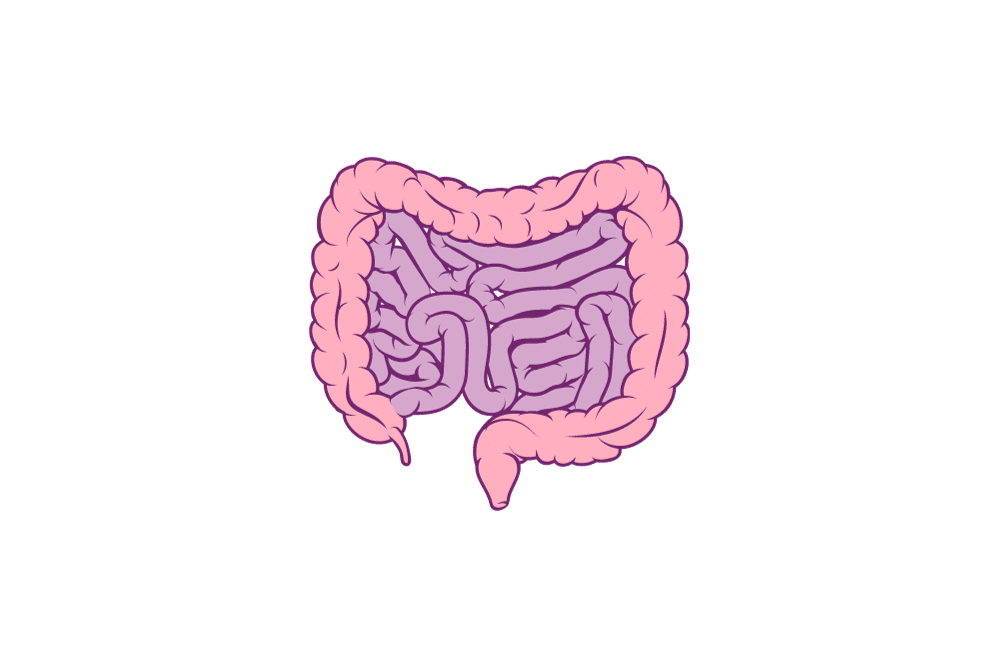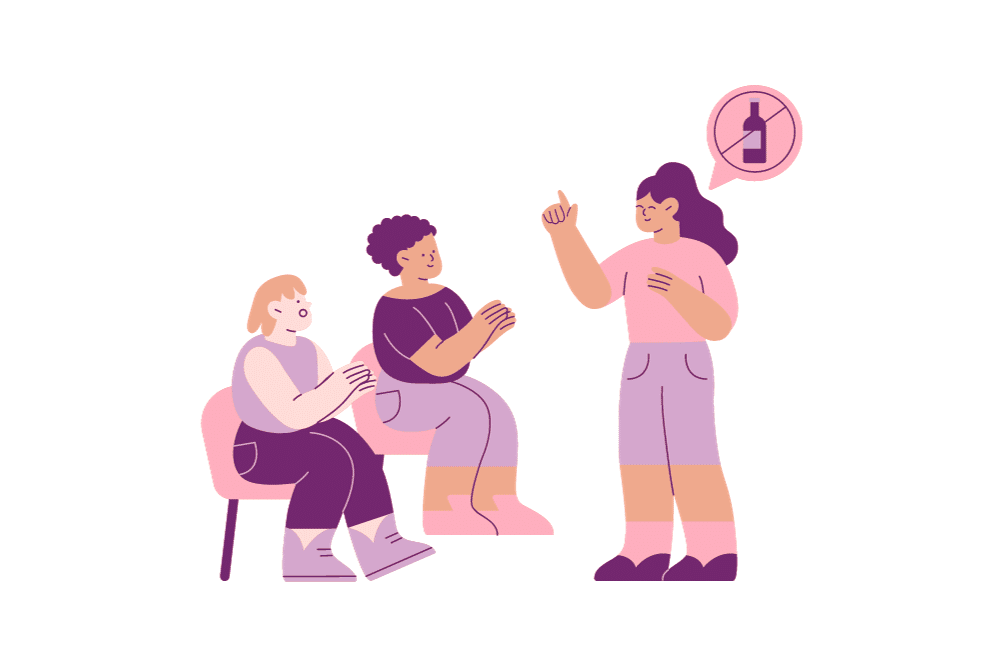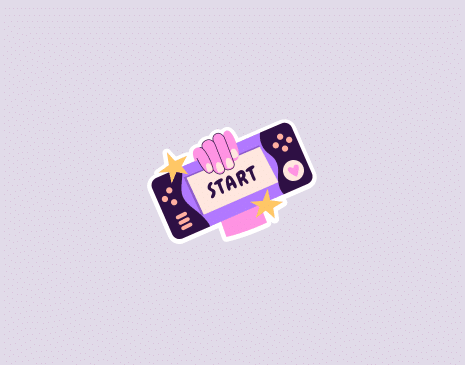Can antibiotics make you tired? The short answer is yes. If you’ve ever experienced unusual fatigue while taking antibiotics, you’re not the first to experience this. Many individuals have reported feeling more tired or lethargic during their antibiotic treatment, and this phenomenon has raised questions about the relationship between these medications and energy levels.
In this article, we explore the side effects of antibiotics and why they might make you feel tired. We’ll also discuss what you can do to combat fatigue while on antibiotics and provide some essential tips to ensure a smoother recovery.
What Are the Side Effects of Taking Antibiotics?
Antibiotics are powerful medications used to combat bacterial infections, such as urinary tract infections (UTIs), skin infections and chlamydia. While they are effective at treating these infections, they can cause a range of side effects. One of the common side effects that many people experience is fatigue. Antibiotics can leave you feeling unusually tired and drained of energy.
The side effects of taking antibiotics can vary depending on the specific antibiotic medication, the individual’s tolerance, and the duration of use. While antibiotics are generally safe and effective in treating bacterial infections, they can sometimes cause side effects. Here are some common side effects associated with antibiotic use:
Gastrointestinal Issues
Many people experience digestive problems such as nausea, diarrhoea, abdominal pain, and upset stomach while taking antibiotics. These symptoms can occur because antibiotics can disrupt the balance of beneficial bacteria in the gut.
Allergic Reactions
Some individuals may experience an allergic reaction to certain antibiotics, leading to symptoms such as skin rashes, itching, swelling of the face or throat, and difficulty breathing. Severe allergic reactions are rare but can be life-threatening.
Yeast Infections
Antibiotics can disturb the balance of microorganisms in the body, leading to an overgrowth of yeast, particularly in the mouth or genital area. This can result in oral thrush or vaginal yeast infections. Does thrush go away by itself? Well, thrush may resolve on its own in some cases, but it often requires treatment with antifungal medication.
Photosensitivity
Some antibiotics can make the skin more sensitive to sunlight, increasing the risk of sunburn and skin reactions when exposed to UV rays.
Antibiotic Resistance
Overuse or misuse of antibiotics can contribute to the development of antibiotic-resistant bacteria. This is not a side effect experienced by the individual taking antibiotics but can have broader public health implications.
Drug Interactions
Antibiotics can interact with other medications you may be taking, reducing their effectiveness or causing adverse reactions. It’s important to inform your healthcare provider of all the medications you are taking.
Kidney and Liver Problems
Certain antibiotics may affect kidney or liver function, leading to elevated levels of specific enzymes or affecting the organs themselves. Regular monitoring may be necessary in some cases.
Blood Disorders
In rare cases, antibiotics like certain penicillins can lead to a decrease in blood cell counts, potentially causing anaemia or other blood-related issues.
Neurological Symptoms
Some antibiotics have been associated with neurological side effects such as tendonitis, nerve damage, and seizures, although these are relatively rare.
Fatigue or Tiredness
Fatigue or tiredness can be another potential side effect of taking antibiotics. Many people may experience a general sense of tiredness or fatigue as their body works to fight off the infection and cope with the medication. This can be mild to severe fatigue with durations differing from person to person.
It’s essential to take antibiotics exactly as prescribed by your healthcare provider and to complete the full course of treatment, even if you start feeling better before it’s finished. This helps prevent the development of antibiotic-resistant bacteria and minimises the risk of recurring infections. If you experience severe or unusual side effects while taking antibiotics, contact your healthcare provider for guidance and potential adjustments to your treatment.

Why Do Antibiotics Make Me So Tired?
The tiredness you experience while on antibiotics can be attributed to several factors.
Disruption of Gut Flora
Antibiotics can disrupt the balance of beneficial bacteria in your gut, which can lead to gastrointestinal issues such as diarrhoea and stomach upset. These digestive problems can make you feel tired and weak.
Immune Response
Your body may mount an immune response to the infection being treated with antibiotics, which can also contribute to feelings of fatigue as your immune system works to combat the infection.
Side Effects
Antibiotics can have side effects, and fatigue is one of them for some people. Different antibiotics can have different side effects, and some individuals may be more sensitive to these effects than others.
Underlying Infection
If you were already feeling tired and fatigued due to the bacterial infection that the antibiotic is treating, it might take some time for your energy levels to improve even after starting treatment. It can sometimes take a few days for antibiotics to start fully working.
Not everyone experiences fatigue as a side effect of antibiotics, and the severity of these side effects can vary from person to person. If you are concerned about the fatigue you’re experiencing while taking antibiotics, discuss it with your healthcare provider. They can evaluate your specific situation and suggest potential remedies or alternative treatments if necessary.
Additionally, it’s essential to complete the full course of antibiotics as prescribed by your healthcare provider, even if you are feeling tired or experiencing side effects, to ensure that the infection is effectively treated and doesn’t develop antibiotic resistance.

Why Do I Feel Worse After Taking Antibiotics?
Feeling worse after starting antibiotic treatment is not uncommon. This can happen because your body is reacting to the medication and the battle against the bacterial infection. Some people might experience what seems like an increase in symptoms, but it’s often part of the healing process. Your healthcare provider should be able to guide you through this phase and determine if any adjustments to your treatment plan are necessary.
What to Avoid When on Antibiotics?
To minimise the fatigue and other potential side effects of antibiotics, it’s essential to take good care of yourself. Here are some general guidelines:
Alcohol
Can you drink alcohol on antibiotics? It’s generally best o avoid alcohol while taking antibiotics. Some antibiotics can interact with alcohol and cause adverse reactions, such as nausea, vomiting, headache, and increased heart rate. It’s best to check with your healthcare provider or read the medication label for specific instructions regarding alcohol consumption.
Grapefruit and Grapefruit Juice
Certain antibiotics can interact with grapefruit and grapefruit juice, potentially affecting their absorption and effectiveness. Be sure to ask your healthcare provider if it’s safe to consume these while on your specific antibiotic.
Dairy Products
Some antibiotics can bind to calcium in dairy products, making the antibiotic less effective. To avoid this interaction, take these antibiotics at least two hours before or after consuming dairy.
Antacids and Supplements
Antacids containing aluminium, calcium, or magnesium can interfere with the absorption of antibiotics, reducing their effectiveness. If you need to take antacids or supplements, separate their consumption from antibiotics by at least two hours.
Herbal Supplements and Over-the-counter Medications
Some herbal supplements and over-the-counter medications can interact with antibiotics, potentially affecting their absorption or causing side effects. Always inform your healthcare provider about any supplements or medications you are taking, even if they are not prescription drugs.
Sun Exposure
Certain antibiotics can make your skin more sensitive to sunlight, increasing the risk of sunburn. While on these antibiotics, it’s a good idea to use sunscreen and limit your sun exposure.
Stopping the Antibiotic Prematurely
To ensure that the infection is fully treated and to prevent the development of antibiotic-resistant bacteria, always complete the full course of antibiotics as prescribed by your healthcare provider, even if you start feeling better before finishing the medication.
Avoiding High-risk Activities
Some antibiotics can cause dizziness or affect your coordination. If you experience these side effects, avoid activities that require alertness and coordination, such as driving or operating heavy machinery, until you are no longer under the influence of the medication.
Always follow your healthcare provider’s instructions and read the medication label for specific guidance on what to avoid while taking antibiotics. If you have any questions or concerns about your antibiotic regimen, don’t hesitate to reach out to your healthcare provider for clarification and guidance.

How Long Does a 7-Day Antibiotic Stay in Your System?
The duration that a 7-day antibiotic stays in your system can vary depending on several factors, including the specific antibiotic you are taking, your individual metabolism, and your overall health. In general, antibiotics are typically eliminated from the body within a few days to a week after you finish the prescribed course. However, some antibiotics may have a longer half-life or take more time to clear from your system.
To provide a more accurate estimate for a specific antibiotic, it’s essential to consider its half-life and elimination characteristics. Antibiotics with shorter half-lives may leave your system relatively quickly, while those with longer half-lives may take more time.
If you have concerns about how long a particular antibiotic may stay in your system or if you experience any unusual side effects after completing the course, it’s best to consult with your healthcare provider, who can provide specific guidance based on your situation and the antibiotic you were prescribed.
If you are experiencing extreme fatigue or other unusual tiredness while taking antibiotics, seek immediate medical attention. Your healthcare provider can assess your condition, adjust your treatment if necessary, and provide guidance on how to manage your energy levels during recovery.
TL;DR
Antibiotics can indeed make you tired due to their effects on beneficial bacteria, your immune system, and your digestive system. However, these adverse effects are typically short-term, and your overall well-being should improve as your body recovers. If you’re concerned about the impact of antibiotics on your energy levels, don’t hesitate to reach out to your healthcare provider for guidance and support. Remember, your health is a priority, and taking antibiotics as prescribed is essential for treating bacterial infections effectively.













